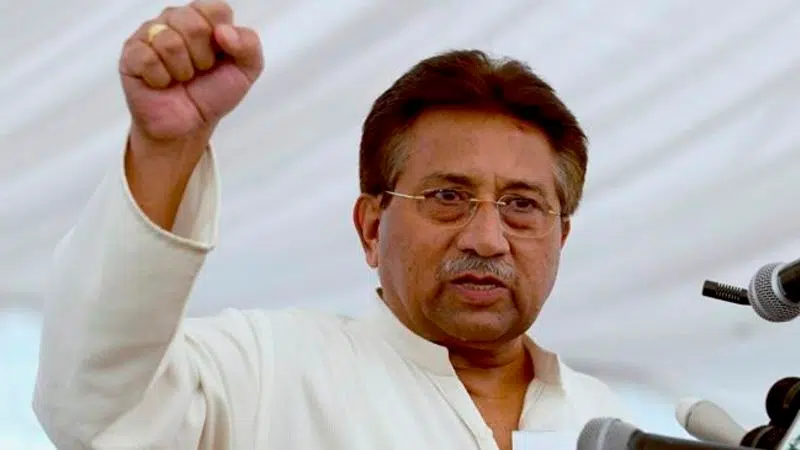
Pakistan sentences former dictator to death in treason case
ISLAMABAD — A Pakistani court on Tuesday sentenced the country’s former military ruler Gen. Pervez Musharraf to death in a treason case related to the state of emergency he imposed in 2007 while in power, officials said.
It’s the first time in Pakistan’s history that a former army chief and ruler of the country has been sentenced to death. Musharraf, who was sentenced in absentia, has been out of the country since 2016, when he was allowed to leave on bail to seek medical treatment abroad.
He has been living in Dubai, the United Arab Emirates, and is said to be very ill and unlikely to travel home to face the sentence. Pakistan and the UAE have no extradition treaty and Emirati authorities are unlikely to arrest Musharraf. If he were to return, however, Musharraf would have the right to challenge his conviction and sentence in court.
The ruling Tuesday by a three-judge panel was not unanimous and one of the judges had opposed the death sentence, according to Akhtar Shah, one of Musharraf’s lawyers. Shah said he would appeal the sentence.
